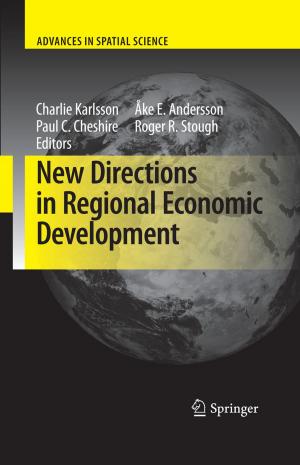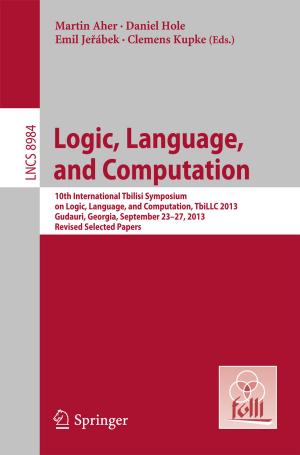Lawyers and Mediation
Nonfiction, Reference & Language, Law, Civil Procedure, Arbitration, Negotiation, & Mediation| Author: | Bryan Clark | ISBN: | 9783642234743 |
| Publisher: | Springer Berlin Heidelberg | Publication: | May 24, 2012 |
| Imprint: | Springer | Language: | English |
| Author: | Bryan Clark |
| ISBN: | 9783642234743 |
| Publisher: | Springer Berlin Heidelberg |
| Publication: | May 24, 2012 |
| Imprint: | Springer |
| Language: | English |
This book charts the historical and current interaction between lawyers and mediation in both the common law and civil law world and analyses a number of issues relevant to lawyers’ part in the process. Lawyers have in the past and continue to play many roles in the context of mediation. While some are champions for the process, many remain on the fringes and apathetic, while others are openly sceptical or even anti-mediation in their stance. Yet others may have embraced mediation but, it is argued, for cynical, disingenuous reasons. By reviewing existing empirical evidence on lawyers’ interactions with mediation and by examining historical and current trends in lawyers’ dalliance with mediation, this book seeks to shed new light on a number of related issues, including: lawyers’ resistance to mediation; lawyers’ motives for involvement with mediation; the appropriateness of lawyers acting as mediators and party representatives; and the impact that both lawyers and the increasing institutionalisation of mediation have had on the normative form of the process, as well as the impact that mediation experience heralds for lawyers and legal systems in general.
This book charts the historical and current interaction between lawyers and mediation in both the common law and civil law world and analyses a number of issues relevant to lawyers’ part in the process. Lawyers have in the past and continue to play many roles in the context of mediation. While some are champions for the process, many remain on the fringes and apathetic, while others are openly sceptical or even anti-mediation in their stance. Yet others may have embraced mediation but, it is argued, for cynical, disingenuous reasons. By reviewing existing empirical evidence on lawyers’ interactions with mediation and by examining historical and current trends in lawyers’ dalliance with mediation, this book seeks to shed new light on a number of related issues, including: lawyers’ resistance to mediation; lawyers’ motives for involvement with mediation; the appropriateness of lawyers acting as mediators and party representatives; and the impact that both lawyers and the increasing institutionalisation of mediation have had on the normative form of the process, as well as the impact that mediation experience heralds for lawyers and legal systems in general.















